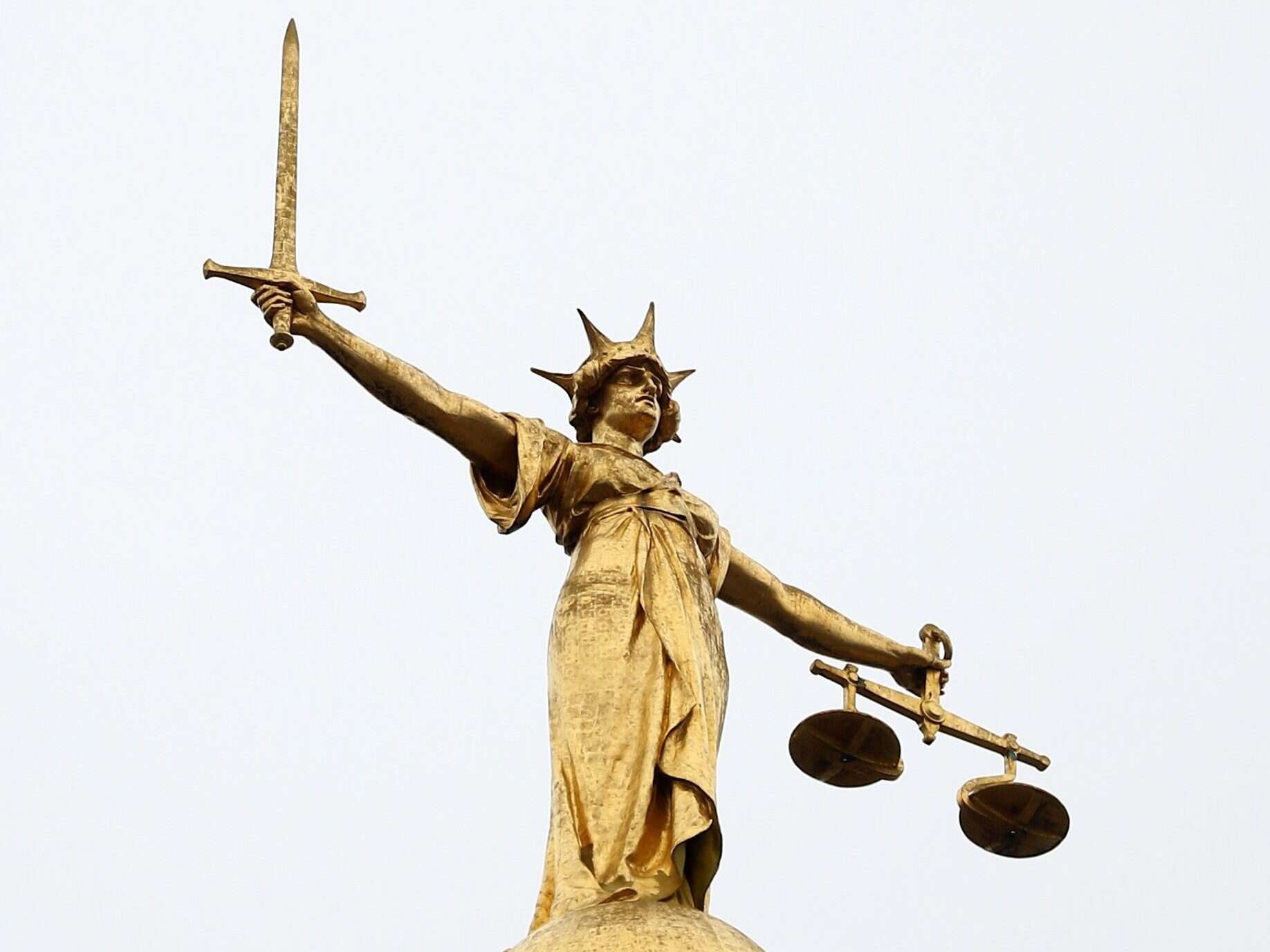
Broadcasters have welcomed a move to allow TV cameras to broadcast judges’ sentencing remarks from Crown Courts for the first time.
The BBC, ITN and Sky, who have spent years campaigning for the access, hailed it as a “landmark moment” for transparency and open justice and said they expect increased court coverage in the media as a result.
MPs and peers are now considering draft legislation laid down in Parliament today which could put cameras in criminal courts, including the Old Bailey, within months if passed.
The Crown Court (Recording and Broadcasting) Order 2020 would permit High Court and Senior Circuit judges to be filmed as they hand out penalties in criminal cases.
Filming has been allowed in certain Court of Appeal cases since 2013, and the Supreme Court, the highest court in the UK, also videos proceedings for visitors to view from its exhibition area.
Moves to allow a judge’s reasons for passing a certain sentence in a criminal case have been under consideration for several years, and the new law would allow them to be broadcast to the public for the first time.
Barristers have warned against making court proceedings “a spectator sport”, and over the risk of judges facing a backlash from members of the public who lack the context of a full criminal trial.
Only the sentencing remarks would be filmed and no other court user, for example victims, witnesses, jurors or staff, would be caught on camera.
Broadcasters will have to ask in advance for permission to film, and HM Courts and Tribunals Service, the Ministry of Justice and the Judicial Office will be able to access any footage they take.
Filming will be subject to any reporting restrictions applied by the judge, with HMCTS retaining copyright over footage, which will be hosted on a public website.
Live broadcasts will run with a short delay to avoid breaches of reporting restrictions.
Justice Secretary and Lord Chancellor Robert Buckland said filming “will ensure our courts remain open and transparent and allow people to see justice being delivered to the most serious of offenders”.
BBC News director Fran Unsworth said it represented a “momentous day for transparency in our justice system”, adding: “By opening up the courts, our audiences will be able to further their understanding of the criminal justice system and witness the judicial process for themselves.”
ITN’s head of compliance John Battle declared it a “landmark moment and an important day for open justice”, adding: “This change will help a wider audience to see and understand the criminal justice process for themselves.”
Head of Sky News, John Ryley said: “This is a further step in helping the public to understand the constraints under which judges work and the complexities of many of the biggest criminal cases.
“This has been a long campaign by the three main broadcasters working together.”
A three-month pilot has already been carried out where sentencing remarks were recorded in eight crown courts on a not-for-broadcast basis.
Amanda Pinto QC, chairman of the Bar Council, said: “This initiative will help people understand the realities of our criminal justice system.
“However, given that it is only the judge’s sentencing remarks that will be televised, the public may well not fully appreciate why a particular sentence has been given without seeing the evidence presented during trial, the mitigating factors and other relevant information, such as probation reports.
“This is especially the case in a trial where the judge will have seen and heard the victim, the defendant and other witnesses, but the judge’s evaluation of them may not be clear from the televised hearing.
“We must guard against unwarranted attacks on judges where the sentence isn’t popular with the public.
“‘Enemies of the People’ type proclamations, where judges have been personally attacked and their independence questioned, simply for doing their job, are completely unacceptable.
“Sentencing must not become an armchair, spectator sport.”
Caroline Goodwin, chairman of the Criminal Bar Association, warned that filming should remain restricted to sentencing remarks only.
She said: “Nothing must compromise the interests of justice, the primacy of a fair trial, and respecting the interests of vulnerable witnesses, witnesses generally and defendants.
“Such matters would need extremely sensitive and vigilant consideration if it was ultimately proposed to televise, live or recorded, all proceedings in the Crown Court on a routine basis.”
Individual journalists attending court are still only able to make a record of proceedings on pen and paper, with dictaphones and cameras banned.
Lord Chief Justice Lord Burnett, Head of the Judiciary in England and Wales, is backing the proposal.
He said: “I have pressed for this change since I took office two years ago.
“The courts are reported by journalists already, but this gives an extra dimension to allow people to see the sentences judges pass on convicted criminals and to understand why they interpret the law and guidelines the way they do in each case.”
Ian Murray, executive director of the Society of Editors, said: “The cause of open justice can only be served by this development which will open up the court proceedings to a public that is now used to receiving news and information in this video age.
“The proposals, while retaining the dignity of the courts, will be a huge step forward in ensuring transparency in the justice system, enabling the media to allow the public better access to judicial proceedings which in turn can only assure communities that justice is being seen to be carried out correctly.
“This move follows a determined campaign by broadcasters BBC, ITV and Sky and they are to be congratulated on their perseverance in this important matter.”
Picture: Reuters/Hannah McKay
Email pged@pressgazette.co.uk to point out mistakes, provide story tips or send in a letter for publication on our "Letters Page" blog
